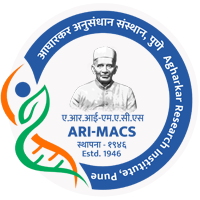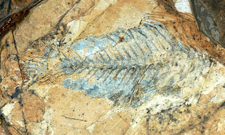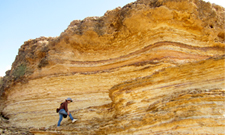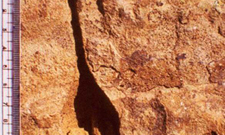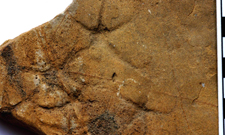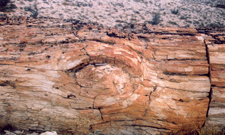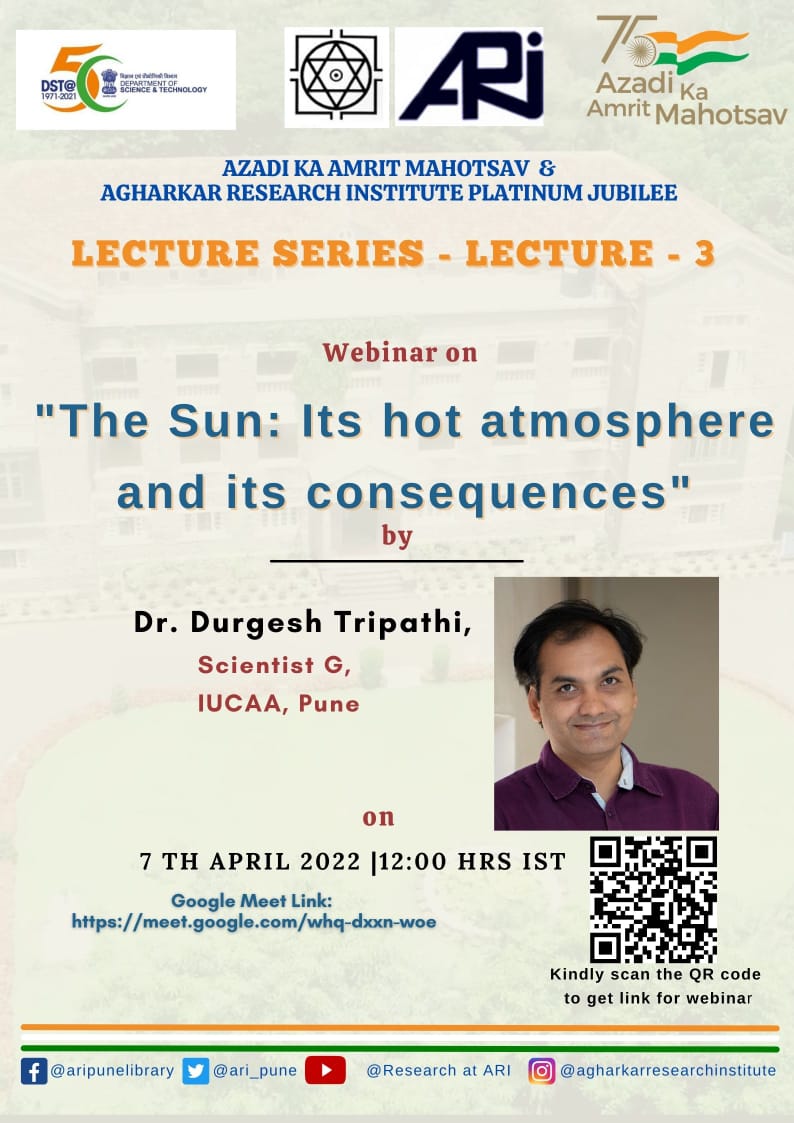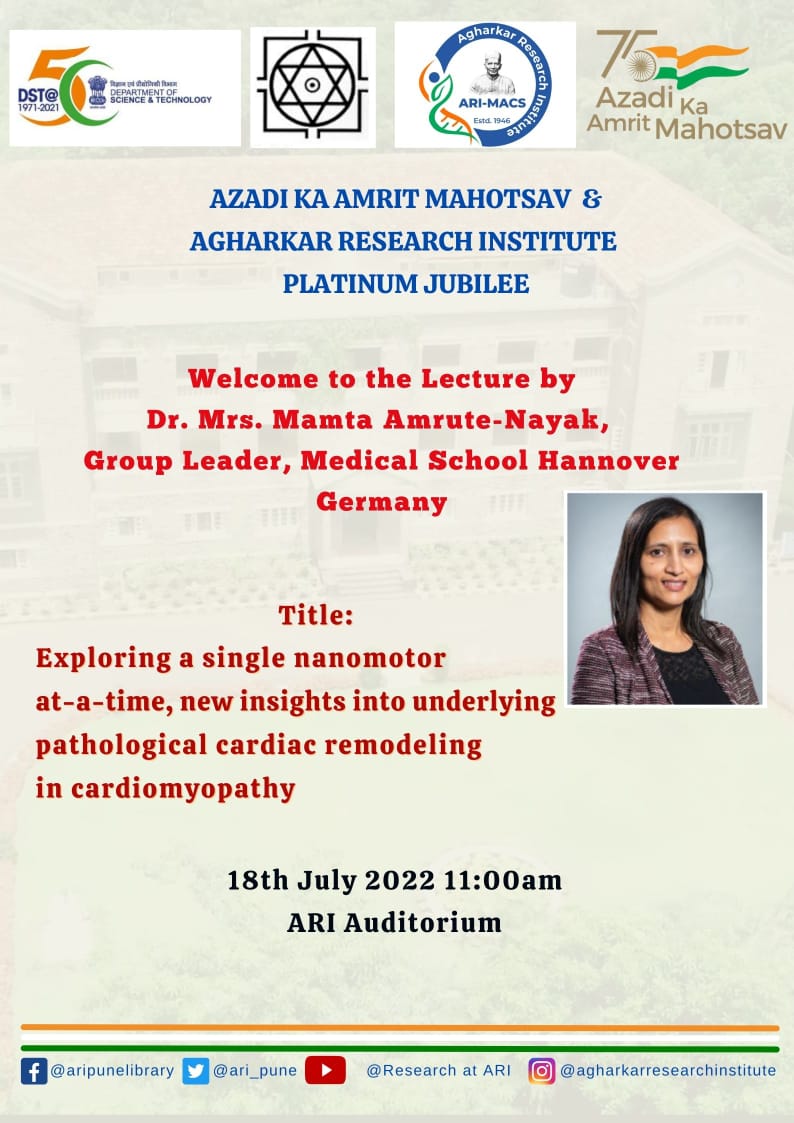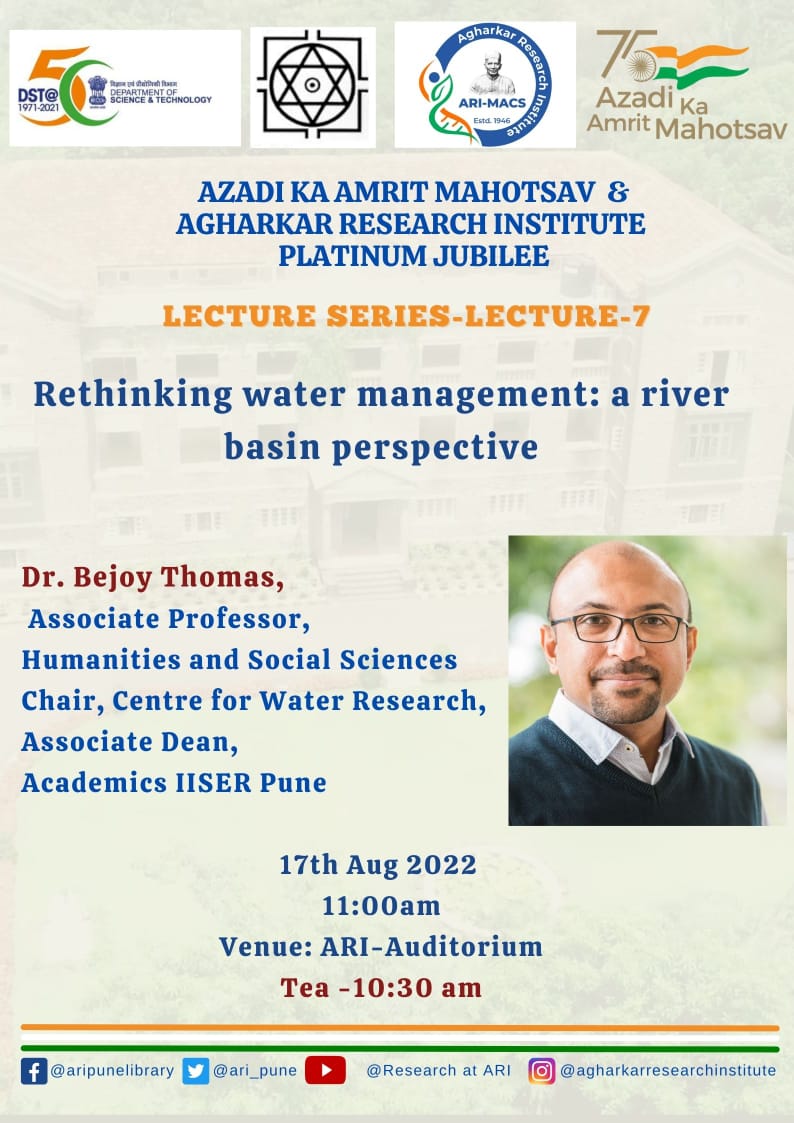Fossil Repository
The fossil repository at Agharkar Research Institute came into existence with the deposition of fossil specimens from the Bagh Beds (U. Cretaceous) as types in 1969. It houses a rich collection, encompassing all major fossil groups such as bivalves, gastropods, cephalopods, echinoids, brachiopods, serpulids, plant fossils, and fresh water vertebrates. The repository is also famous for its largest and oldest collection of trace fossils in India. With approximately 7000 type-specimens (4200 megafossils and 2800 microfossils), it is the third largest fossil repository in India, next to the fossil repository of Geological Survey of India in Kolkata and BSIP, Lucknow.
Majority of the specimens represent almost all sedimentary basins of peninsular India encompassing the states of Tamil Nadu, Kerala, Andhra Pradesh, Maharashtra, Madhya Pradesh, Gujarat, Rajasthan, etc and ranging in age from Proterozoic till Holocene. It is recognized by the acronym MACS G.
The repository is regularly consulted by palaeontologists and ichnologists not only from different parts of India, but scientists of repute from around the world.
Collections made from in-house and sponsored projects by scientists and research students have continually enriched the fossil repository.


